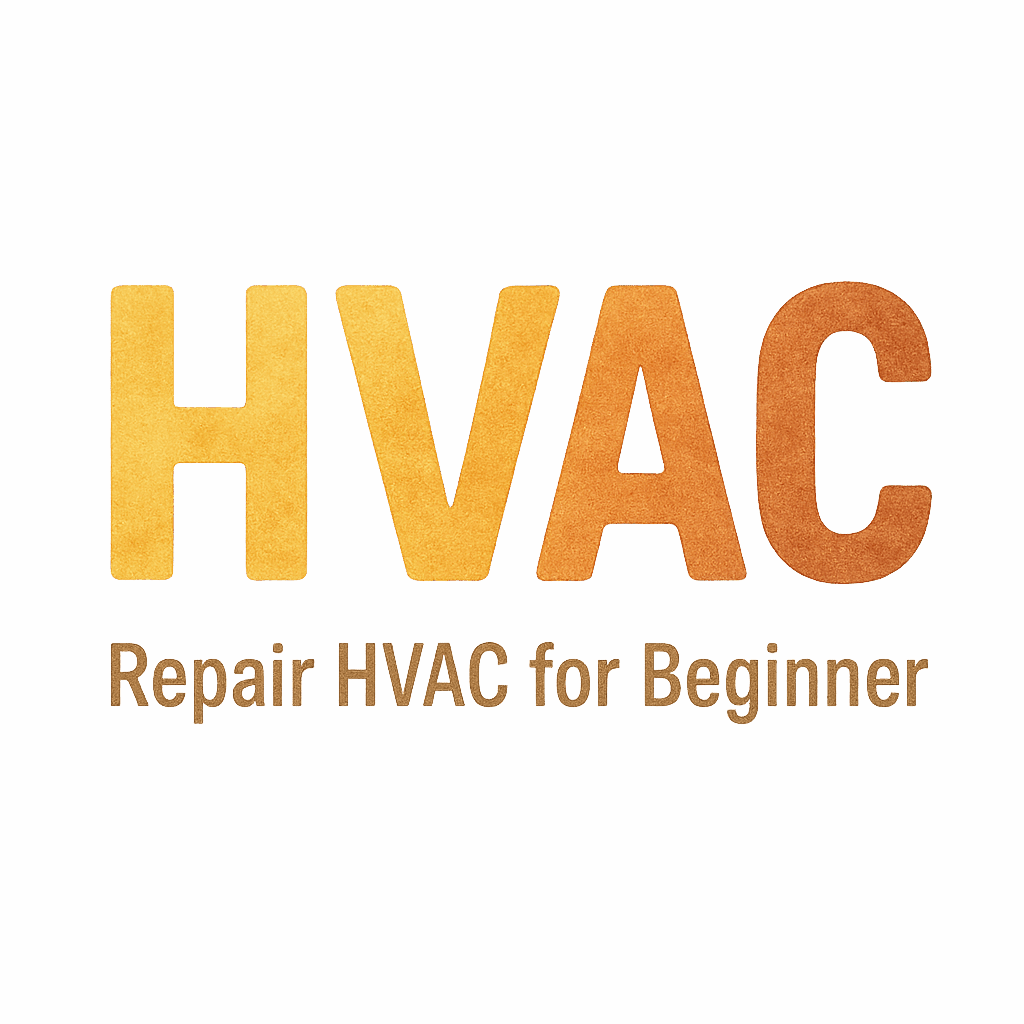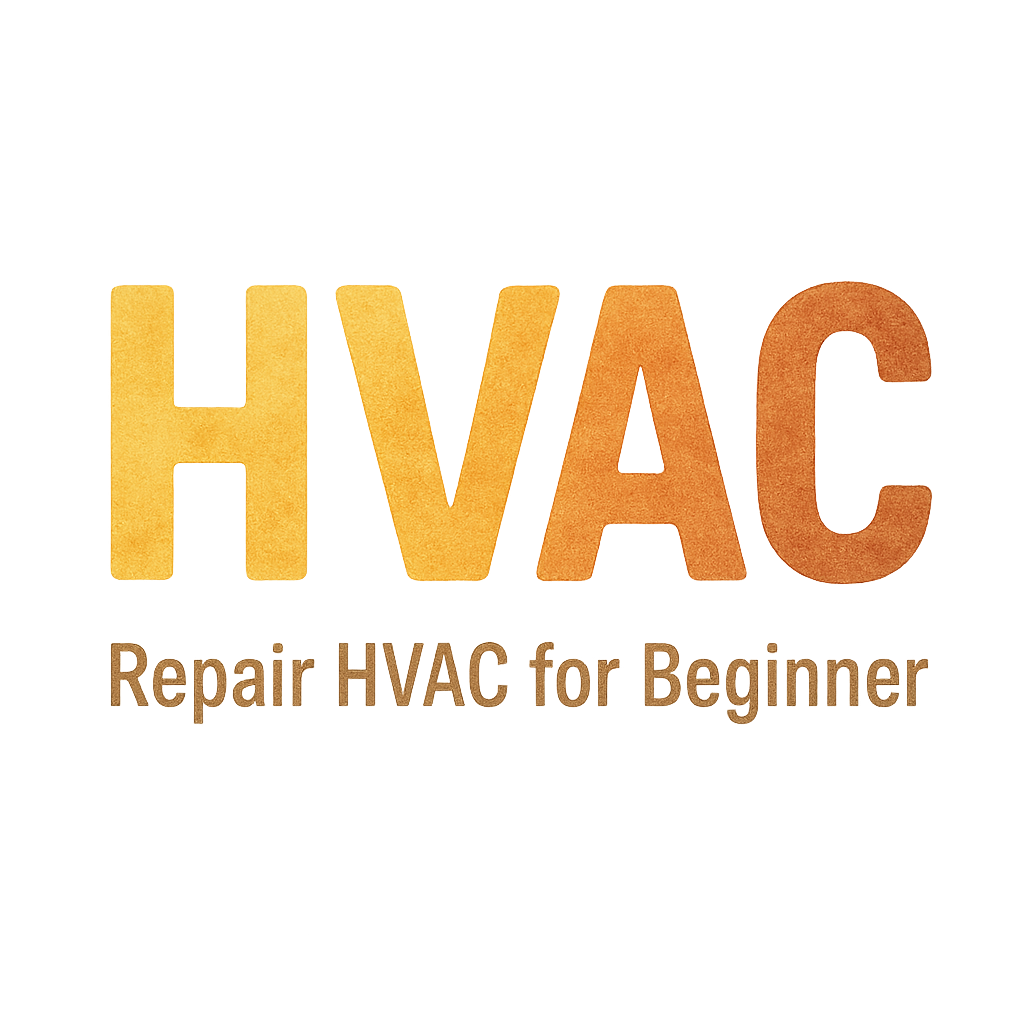Introduction
When it comes to HVAC systems, many homeowners focus on the bigger picture—like the unit itself or the thermostat settings—without considering the smaller, yet essential, parts that keep it running smoothly. One such part? The HVAC filter. Though small in size, the filter plays a massive role in ensuring that your system works efficiently, keeps the air clean, and saves you money. But what if you’re making mistakes with your HVAC filter? It’s easy to overlook, especially if you’re a beginner, but these overlooked issues can cost you in the long run. In this article, we’ll dive into the 8 most common HVAC filter issues that beginners often miss and how you can avoid them.

The Importance of HVAC Filters
HVAC filters are more than just a screen for dirt. They help maintain air quality, prevent debris from damaging your HVAC system, and ensure that your home stays comfortable year-round. For more on the essentials of HVAC systems, you can explore our HVAC Basics for Beginners guide.
What HVAC Filters Do
At their core, HVAC filters are designed to trap dirt, dust, and other airborne particles before they enter the system. They also prevent the accumulation of debris on internal components, like the evaporator coils and heat exchangers. A clean filter means better airflow and, ultimately, more efficient cooling and heating.
Why You Should Care About Your Filters
Ignoring HVAC filters or letting them degrade can lead to various problems, from poor air quality to system damage. A clogged filter can restrict airflow, making your system work harder and use more energy, leading to higher utility bills. You can check out our HVAC System Diagnosis page for insights on identifying issues with your HVAC unit.
Common HVAC Filter Issues Beginners Miss
Now that we understand how vital filters are, let’s explore the top HVAC filter issues that many beginners overlook.
Using the Wrong Filter Type
One of the most common mistakes beginners make is using the wrong filter type for their HVAC system. Filters come in different styles, including fiberglass, pleated, and electrostatic. Each type has its own set of benefits, and using the wrong one can result in poor performance.
MERV Rating Confusion
The MERV (Minimum Efficiency Reporting Value) rating indicates how well a filter captures particles. Filters with a higher MERV rating trap smaller particles but may restrict airflow, which could stress your HVAC system. Beginners often choose a high MERV filter thinking it’s the best option, but it may not be suitable for their unit. Always check your manufacturer’s recommendations. For help with selecting the best filters, you can read more about tools and equipment for HVAC systems.
Not Replacing Filters on Time
Filters need to be replaced regularly. How often depends on the type of filter, the air quality in your home, and whether you have pets. Beginners often overlook this, leaving filters in too long, which causes inefficiency.
Why Timing Matters
An old, clogged filter can’t trap particles effectively, meaning more dirt and debris enter the system, and airflow is restricted. This forces the system to work harder, leading to higher energy costs and potential damage. For a more detailed maintenance schedule, check our HVAC Maintenance & Cleaning page.
Incorrect Filter Size
Filters come in various sizes, and finding the right size for your system is crucial. If the filter is too small, air can bypass it, and if it’s too large, it won’t fit properly, leading to poor filtration.
How Size Affects Performance
A poor-fitting filter can create gaps where dust and allergens can sneak through, meaning you’re not getting the full benefits of your filter. It can also cause your HVAC system to work harder to push air through, reducing efficiency. For tips on troubleshooting filter issues, visit our troubleshooting section.
Dirty Filters and Airflow Restrictions
One of the most significant issues beginners face is allowing the filter to become too dirty. When the filter is clogged, it restricts airflow, which can cause the system to overheat or freeze up.
How Clogged Filters Reduce Efficiency
Think of your HVAC system like a car engine. If the air filter is clogged, it’s like trying to drive with a blocked air intake—it slows everything down. A clogged filter can decrease efficiency, cause poor air circulation, and strain the system. Learn more about common HVAC problems on our website.
Not Sealing the Filter Properly
If the filter isn’t seated properly in the HVAC unit, air can leak around the edges, bypassing the filter entirely. This means dust, dirt, and other particles can enter the system, leading to potential damage and poor air quality.
The Importance of Proper Fit
When replacing your filter, make sure it fits snugly into place. A loose or ill-fitting filter can cause leaks, reducing the effectiveness of the filter and putting additional strain on your HVAC system. For more on repairing HVAC systems safely, check out our repair tips.
Overlooking Filter Location
Not all HVAC filters are in the same location. Depending on your system, the filter may be in the return air duct, the blower compartment, or elsewhere. Beginners often don’t know where to find the filter, which leads to neglecting it.
Where Filters Are Located and Why It Matters
Knowing the location of your filter is crucial for regular maintenance. If your system has multiple filters, be sure to check each one to ensure that it’s in good condition. For further understanding of HVAC systems, you can check out HVAC System Diagnosis for a comprehensive guide.
Choosing the Wrong Filter for Your Home
Filters vary based on the size of your home, the number of occupants, and whether anyone has allergies or respiratory issues. Beginners often select a filter that works for the system but not necessarily for their specific needs.
Residential vs. Commercial Filters
If you’re living in a small home or apartment, a standard filter will likely suffice. However, larger homes or commercial buildings may require more specialized filters, such as HEPA or electrostatic filters, to ensure proper air quality. For more on filter types and selection, visit our guide.
Not Monitoring Air Quality Regularly
Filters help improve air quality, but how can you be sure the filter is still doing its job? Regularly monitoring your home’s air quality ensures that any changes are addressed before they become bigger problems.
Why Regular Check-Ups Are Essential
Routine maintenance and air quality monitoring will help you spot issues early on. Consider investing in an air quality monitor or signing up for a professional HVAC inspection to keep things running smoothly. For more tips on saving money on HVAC repairs, see our helpful articles.
How to Fix These Filter Issues
Now that we’ve covered the common mistakes, let’s talk about how to fix them. The good news is that most of these issues can be avoided or corrected with a bit of effort.
Regular Maintenance and Monitoring
Make it a habit to inspect your filter every month. Replace it when necessary, and don’t forget to clean or replace it at least every three months to maintain optimal performance. You can learn more about HVAC maintenance here.
Choosing the Right Filter for Your System
Before purchasing a new filter, consult your HVAC manufacturer’s guidelines. Ensure you choose the correct size and MERV rating based on your system and needs. For more on choosing the right filter, explore our tools and equipment page.
Proper Installation and Replacement
When installing a new filter, make sure it fits properly and is sealed tightly in place. Follow the manufacturer’s instructions for replacement frequency and installation to avoid any issues down the road.
Conclusion
HVAC filters are more important than you might think. They help maintain air quality, protect your HVAC system, and ensure your home stays comfortable year-round. By avoiding the common mistakes discussed in this article, you can ensure that your system runs smoothly, efficiently, and without unnecessary repair costs. Remember, regular maintenance and timely replacements are key to a long-lasting HVAC system.
FAQs
- How often should I replace my HVAC filter?
It depends on the type of filter and your system, but typically every 1-3 months. - What happens if I don’t change my HVAC filter?
Not changing your filter regularly can lead to reduced airflow, increased energy costs, and damage to your HVAC system. - Can I use any filter for my HVAC system?
No, make sure the filter matches the size and type recommended by your system’s manufacturer. - What is MERV rating?
MERV stands for Minimum Efficiency Reporting Value, and it indicates how effectively a filter captures particles. Higher ratings mean better filtration but may reduce airflow. - Can a dirty filter cause my HVAC system to freeze?
Yes, a clogged filter can restrict airflow, causing the system to freeze up, especially in cooling mode. - Why is air quality important for my HVAC system?
Clean air prevents debris from entering your system and improves its efficiency while maintaining a comfortable living environment. - Can I clean my HVAC filter instead of replacing it?
Some filters are reusable and can be cleaned, but check the manufacturer’s guidelines to ensure this is an option. If not, regular replacement is necessary.


